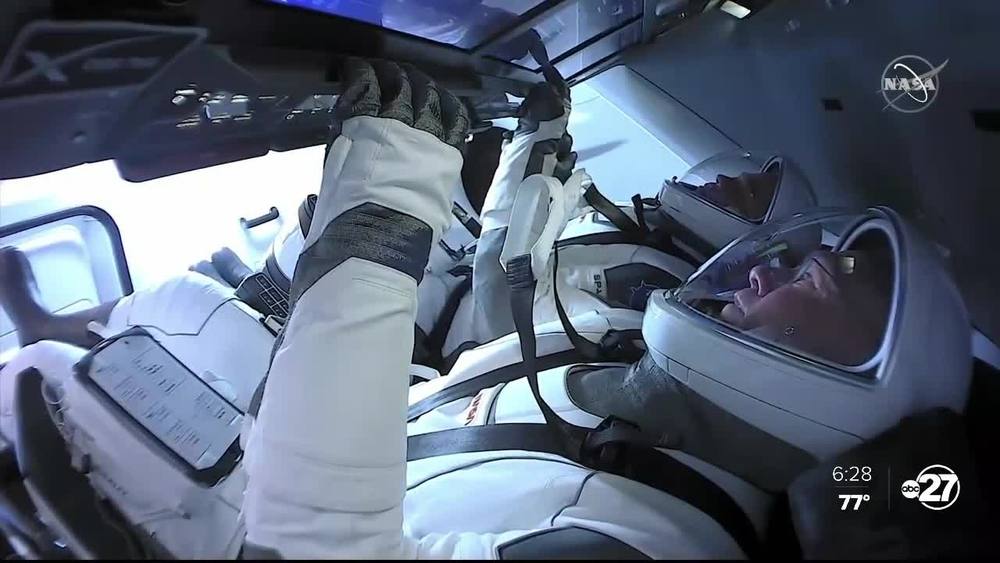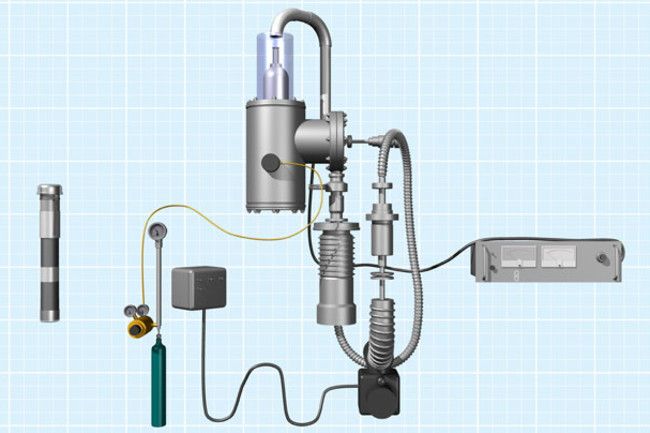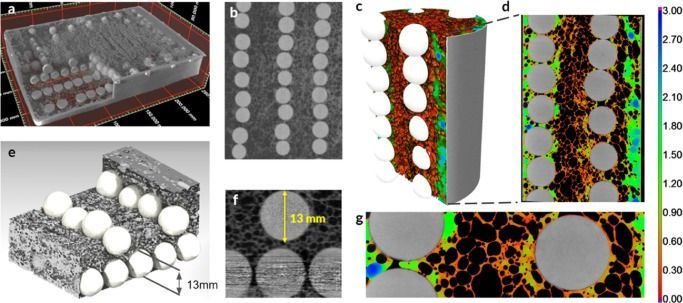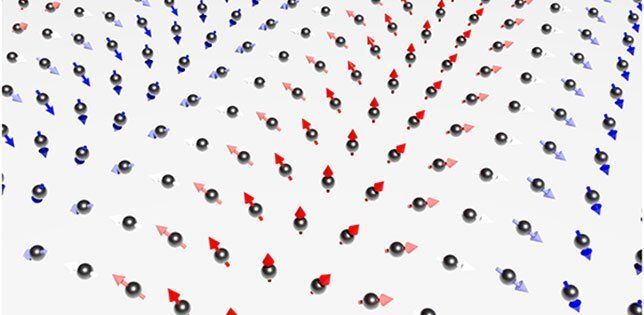Researchers at the University of the Witwatersrand in Johannesburg, South Africa, have demonstrated a record setting quantum protocol for sharing a secret amongst many parties. The team created an 11-dimensional quantum state and used it to share a secret amongst 10 parties. By using quantum tricks, the secret can only be unlocked if the parties trust one another. The work sets a new record for the dimension of the state (which impacts on how big the secret can be) and the number of parties with whom it is shared, and is an important step towards distributing information securely across many nodes in a quantum network.
Laser & Photonics Reviews published online the research by the Wits team led by Professor Andrew Forbes from the School of Physics at Wits University. In their paper titled: Experimental Demonstration of 11-Dimensional 10-Party Quantum Secret Sharing, the Wits team beat all prior records to share a quantum secret.
“In traditional secure quantum communication, information is sent securely from one party to another, often named Alice and Bob. In the language of networks, this would be considered peer-to-peer communication and by definition has only the two nodes: sender and receiver,” says Forbes.










